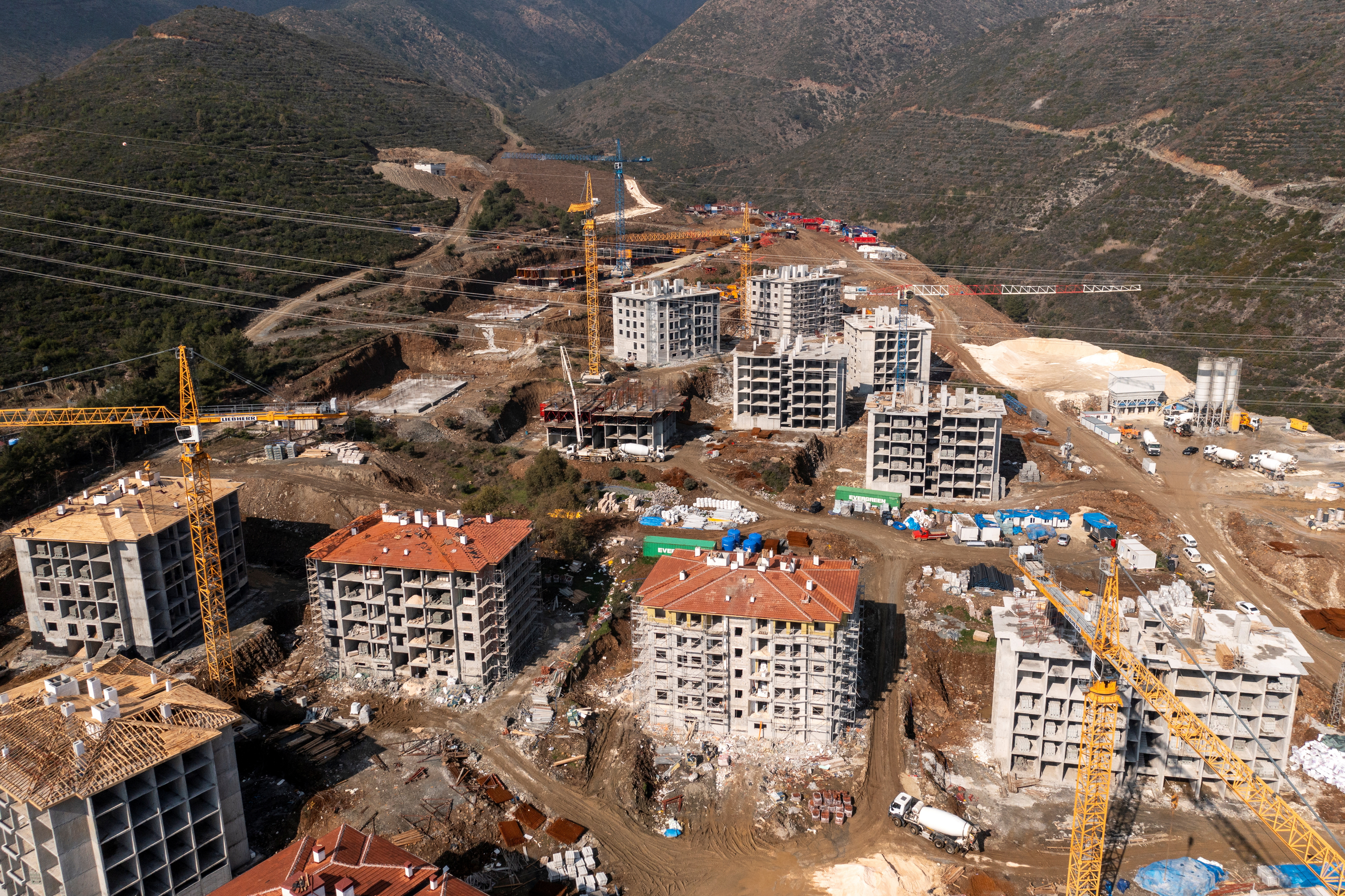Post-Disaster Sustainable Housing System in Turkey
The document titled “Post-Disaster Sustainable Housing System in Turkey” outlines a comprehensive framework for addressing the housing challenges faced by Turkey in the aftermath of disasters. The authors, Sevgül Limoncu and Banu Çelebioğlu, emphasize the need for a systematic approach to post-disaster housing that integrates sustainability principles across all phases of disaster response.

Turkey is prone to various natural disasters, particularly earthquakes, which have led to significant destruction of housing and infrastructure. The existing post-disaster housing strategies are categorized into three main stages: Emergency Relief, Rehabilitation, and Reconstruction. However, these stages often lack cohesive strategies and fail to address the urgent needs of disaster victims effectively. The authors argue that the current piecemeal approach does not adequately consider the interconnectedness of these stages, leading to inefficiencies and inadequate responses.
Further reading:
Hope Homes cooperative programme in Turkey – Housing Evolutions Hub housingevolutions
Setting a Sustainable “Ground” for Post-Disaster Housing in Turkey open.metu.edu
Proposed Framework
The authors propose a Post-Disaster Sustainable Housing System that views housing challenges as part of a larger system. This framework aims to enhance preparedness and response by integrating local data and sustainability principles into the planning process. Key components of this system include:
- Holistic Approach: Recognizing that housing issues are interconnected, the proposed system aims to unify various disciplines and stakeholders involved in disaster management.
- Sustainability Principles: Emphasizing ecological, economic, and social sustainability in housing solutions to ensure that they are not only immediate but also long-lasting.
- Local Adaptation: Tailoring strategies to fit the specific needs and characteristics of different regions in Turkey, taking into account local resources and vulnerabilities.
Objectives
The document outlines several objectives for implementing this new system:
- Systematic Preparation: Establishing a framework that allows for proactive measures before disasters occur, ensuring that communities are better equipped to handle post-disaster scenarios.
- Urgent Response Mechanisms: Develop rapid response protocols that can be activated immediately following a disaster to meet the basic housing needs of affected populations.
- Sustainable Reconstruction: Focusing on rebuilding efforts that not only restore but also improve living conditions through sustainable practices.
Implementation Strategies
To realize these objectives, the authors suggest several strategies:
- Data-Driven Decision Making: Utilizing local data to inform planning and decision-making processes, ensuring that responses are tailored to specific community needs.
- Collaboration Among Stakeholders: Encouraging partnerships between government agencies, NGOs, and local communities to create a collaborative environment for disaster management.
- Education and Training: Implementing training programs for stakeholders involved in disaster response to enhance their understanding of sustainable practices and effective management techniques.
Conclusion
The authors conclude that Turkey’s post-disaster housing issues can only be effectively addressed through a systemic approach that incorporates sustainability principles at every stage of disaster management. By shifting from isolated responses to an integrated system, Turkey can improve its resilience against future disasters and provide better support for affected communities. This proposed framework serves as a guide for policymakers and practitioners in Turkey, advocating for a more coordinated and sustainable approach to post-disaster housing. By implementing these strategies, Turkey can not only meet immediate housing needs but also pave the way for healthier, more sustainable living environments in the long term.
More reading: http://www.grif.umontreal.ca/pages/limoncu_sevgul.pdf
Housing after disaster: A post occupancy evaluation of a reconstruction project – ScienceDirect
